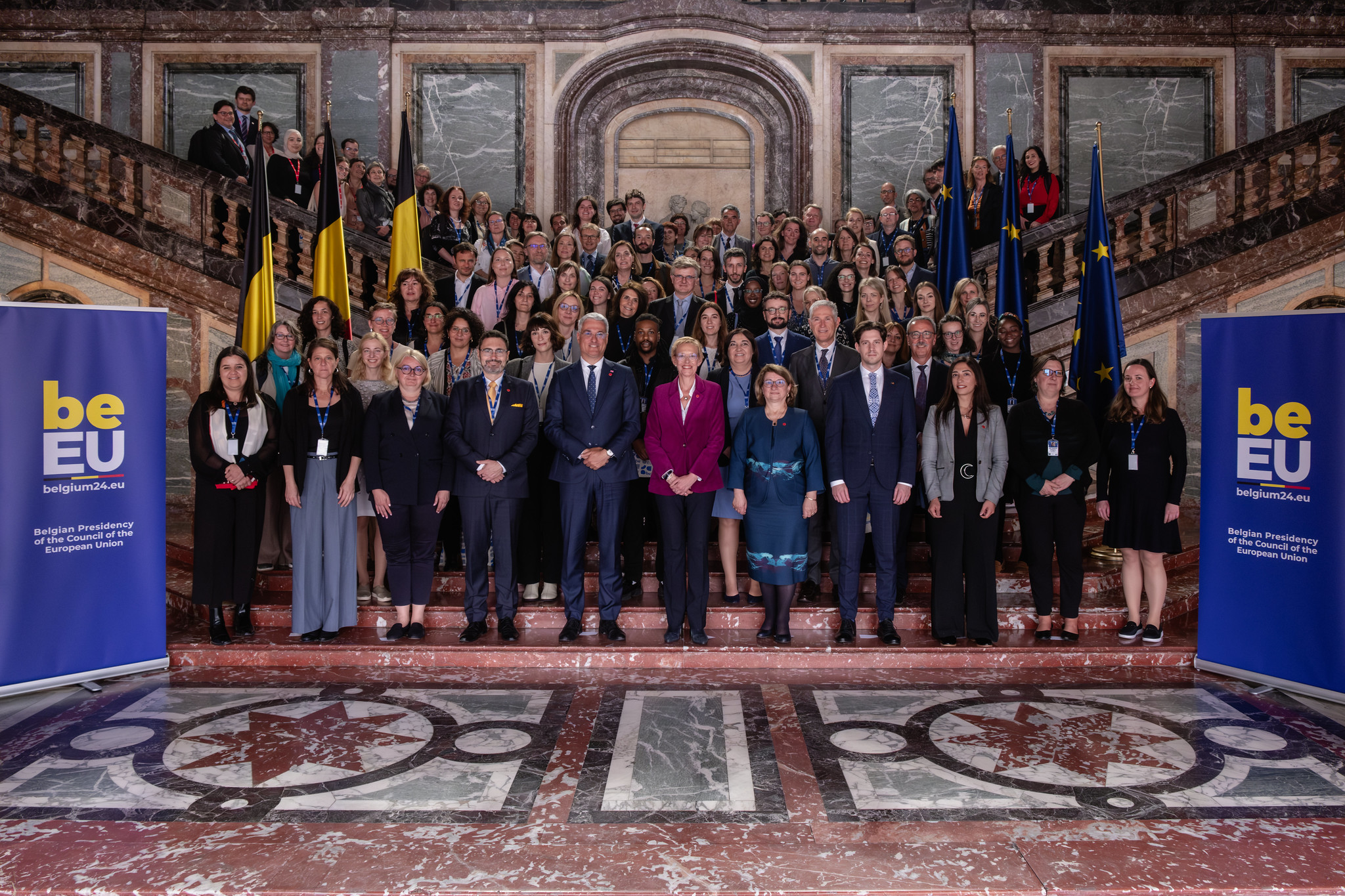Access to housing as a priority in Bulgaria
In the frame of the TDF Leveraging EU influence to deliver change for families in adversity in Bulgaria Eurochild continues the work on strengthening the prevention of child-family separation for families in adversity in Bulgaria.
Eurochild’s recent visit in Bulgaria was aimed at identifying the state of play and key stakeholders in the area of social housing as a key prerequisite to support families in adversity.
The Bulgarian National Action Plan (NAP) of the European Child Guarantee identifies children raised by single parents and children of Roma or migrant origin among the most affected groups in society living in poor conditions. In addition, children of minority ethnic origin, particularly Roma children, experience household overcrowding and have limited access to basic services, such as sanitary and hygiene infrastructure.
According to the NAP the main barrier related to housing in Bulgaria is the lack of housing policy and specific measures aimed at families with children. The NAP foresees developing a National Housing Strategy and targeted programmes aimed at providing direct assistance to vulnerable persons for housing adaptation.
In our aim to support Bulgarian Civil society in strengthening advocacy efforts on the topic of social housing, Eurochild’s 3-year initiative will engage CSO representatives and policy-makers in an exchange of good practices on housing policies across Europe.
To achieve that, Eurochild engaged with various stakeholders and civil society working on housing-related initiatives, such as Habitat for Humanity, Trust for Social Achievement, FEANTSA, and Bulgarian Helsinki Committee. Representatives from these organisations shared the main points to be tackled in order to deliver change for families in poor living conditions:
- Introducing a more elaborated definition of “social housing” which would provide access to funding
- Adopting changes in the Territorial Law that would establish different criteria for constructions of a housing unit and commercial construction
- Transparency in the Municipal Housing Fund and Municipal Property Law
Eurochild has also consulted its plans with the National Association of Municipalities in Bulgaria, identified as one of the main actors who could deliver the necessary changes on local level. In addition, Eurochild met with the National Council for Cooperation on Ethnic and Integration Matters to establish synergies between the priorities of the European Child Guarantee and the new EU Roma strategic framework for equality, inclusion and participation.
Lastly, Eurochild met with the Ministry of Labour and Social Policy and discussed the priority of housing and actions imperative for improving the situation of children and families living in adversity in Bulgaria.
The peer-to-peer learning workshop is under preparation, and Eurochild will continue our commitment to harness EU influence and experience in multi-level advocacy to create positive change in the lives of children, in particular those affected by poverty and disadvantage.





